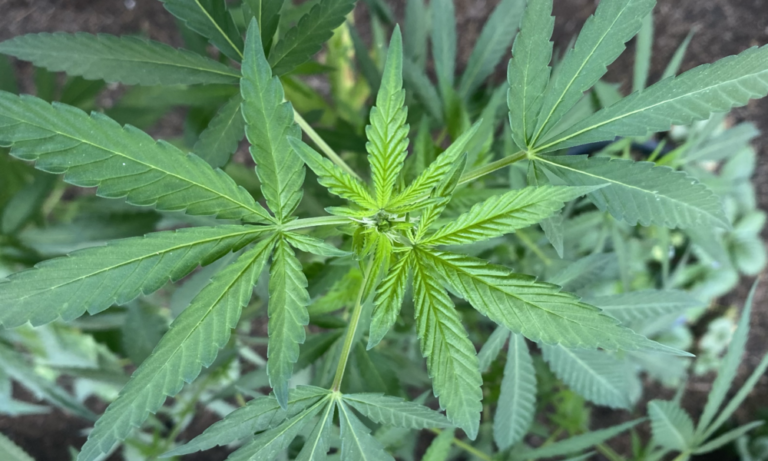
[ad_1]
Social equity measures are likely to be conditionally approved by the commission “possibly at the end of October or early November.”
By Christopher Shea, Rhode Island Current
The Rhode Island Cannabis Control Commission may finally be ready as early as the end of the month to decide how it will define who qualifies as a “social equity applicant” for one of a half dozen cannabis retail licenses.
The agenda for the three-member panel’s meeting Friday afternoon called for a potential vote on the regulations meant to clarify who would qualify as a social equity applicant, generally meant for those who were adversely affected by the war on drugs.
But no vote happened, which led to some whispered grumbling from the nearly dozen cannabis industry workers in the audience.
“It takes time to think about this,” said Chairperson Kimberly Ahern.
The commission must narrow down the definition of what constitutes a community that has been disproportionately impacted by the federal government’s crackdown on illegal drug use dating back to 1971, when President Richard Nixon declared drug abuse as “public enemy number one.” In the early 1980s, the Reagan administration expanded the reach of the drug war and criminal punishment, leading to an increase in incarcerations for nonviolent drug offenses.
Regulators have sought to refine the definition since last November through the use of data from state and federal agencies—which the panel reviewed during Friday’s meeting.
Under the Rhode Island Cannabis Act, social equity status can be determined by federal poverty level, unemployment rate, the number of kids in a free lunch program and historic arrest rates in any given census tract. But advocates say these criteria are open to interpretation and filled with loopholes that can be exploited by those who didn’t actually interact with the criminal justice system.
Of the state’s 39 municipalities, only three met the criteria for a social equity zone set in Rhode Island’s legalization act: Central Falls, Providence and Woonsocket. That presents a slight challenge in the licensing distribution system, as retail licenses must be spread throughout six geographic zones—one of which is reserved for social equity applicants.
Under state law, the commission is empowered to grant 24 licenses to recreational dispensaries, with six reserved for social equity applicants and another six are reserved for worker-owned cooperatives.
To keep things fair, regulators plan to randomly select which applicants will get a license, though Commissioner Robert Jacquard said he would prefer to see a solely merit-based approval for the few social equity licenses available.
“I don’t think the selection process is going to be overwhelming,” he said.
Social equity measures are likely to be conditionally approved by the commission “possibly at the end of October or early November,” Ahern told Rhode Island Current after the meeting.
Assistance for social equity applicants
The panel also heard a presentation from the Policy Liaison Carla Aveledo on the Social Equity Assistance Program and Fund established under the Rhode Island Cannabis Act.
The law states social equity applicants can receive some assistance from a program “for business assistance and license application benefits” from the designated fund. As of Friday, the fund sat at $1.5 million—none of which can be accessed until final regulations are set up.
Over the summer, draft regulations such as labeling requirements and how licenses will be awarded have been conditionally approved in a piecemeal fashion, which Ahern said “is more digestible” for staff rather than one big package. The commission has previously indicated its intention to finalize the full list of regulations by the end of the year.
Ahern gave some preliminary thoughts—namely that licensees shouldn’t rely on the fund for too long.
“The goal being you become a fully operational business over the first couple of years,” she said.
Regulators also intend to give out provisional licenses that allow the state to perform thorough inspections on a business’ plan before offering an official license, according to the presentation.
This story was first published by Rhode Island Current.
[ad_2]
Source link
